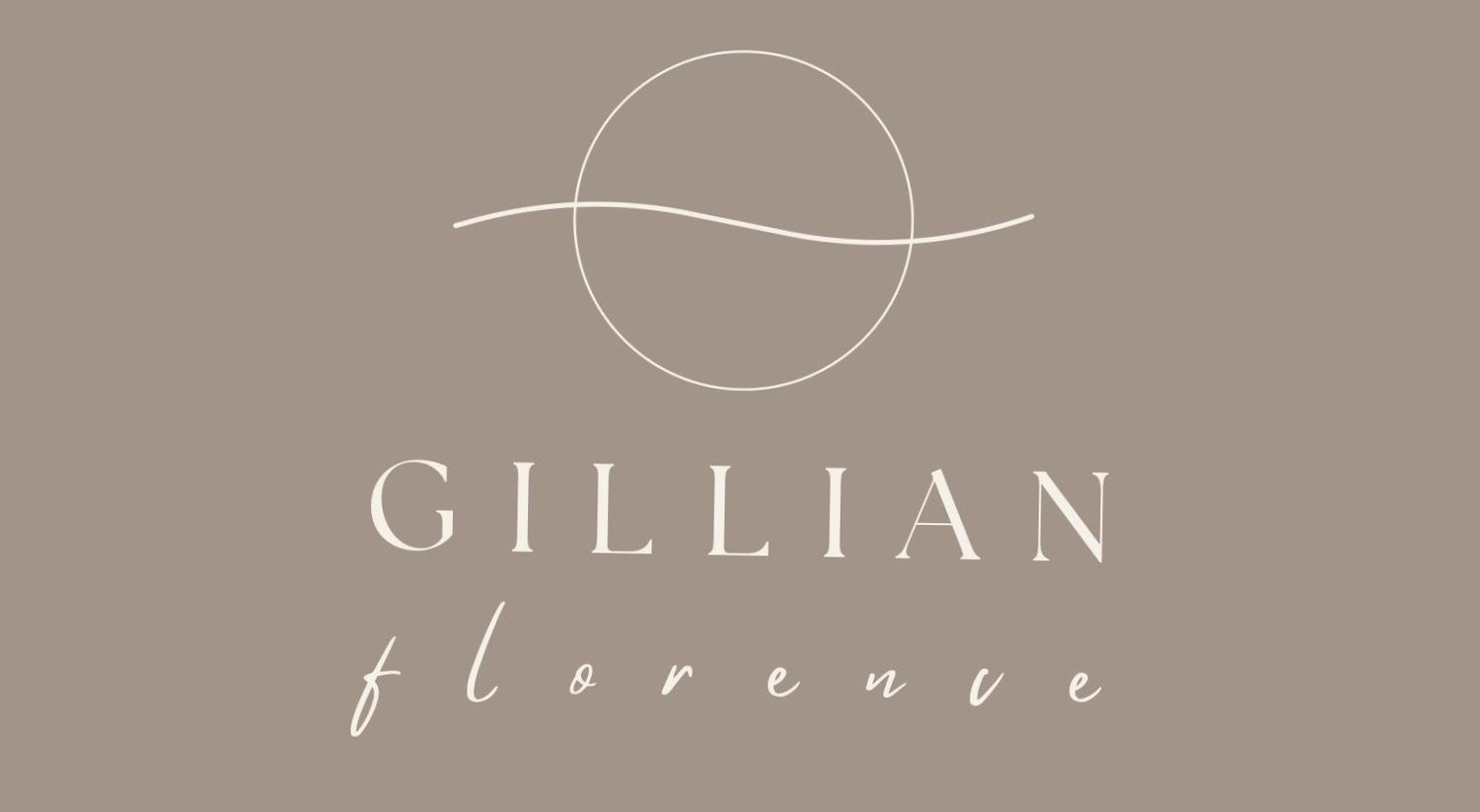The Shadow Self in 20/20
Photo by Photo by Francisco Moreno on Unsplash
As it is said, hindsight is 20/20. When we take pause to look back and reflect upon the past, things tend to look differently than they did when we first perceived them. We might come to realize that we didn’t take responsibility for our side of things in a particular situation, or perhaps we wouldn’t have said what we said quite how we said it. Hindsight is a part of being human, and thank goodness for it. It serves as a reminder that how we interpret the present moment is subjective and often directed by psychological forces we are unconscious of. In other words, how we think in any moment is not indicative of an objective reality.
The Shadow Self
Looking back on 2020, one of the things we might take pause to reflect upon is the shadow aspects of our personality that were revealed. The shadow self, according to Jungian psychology, is the dark side of one’s personality. As it tends to be characterized by the less palatable aspects of ourselves, we tend to avoid it through the use of projection. In other words, rather than acknowledge the many difficult or unsavoury facets of our own nature, we are quick to point them out in others.
The heightened tension - and stakes - of 2020 brought with it increasing polarity - and a prime opportunity to project our shadow onto others. Fingers were pointed, but as the saying goes:
When you point a finger, there are three pointing back at you.
To act out of shadow impulses is natural. And yet, if we wish to evolve as individuals (and subsequently as a collective), we must be willing to look at and work with our shadow behaviours. The year behind us offers us the perfect opportunity to do just that - if we are open, curious, compassionate, and willing.
“Until you make the unconscious conscious, it will direct your life and you will call it fate.”
Carl Jung
How to Recognize (and Work With) Your Shadow of 2020
There are many ways to explore shadow work, from dream analysis to psychotherapy to certain forms of meditation. Like peeling an onion, delving into the realm of the shadow is an evolving process - one that guides us deeper and deeper into the core of who we are.
The following reflective exercise provides simple questions that can help us to become more aware of our own shadow - because we all have one. As you answer these questions, either through journal work or quiet contemplation, ensure that you are cultivating patience, curiosity, and compassion. Acknowledge the fact that this isn’t easy work and that many don’t do it. Simply by being here, you are ‘doing’ more than most.
Please also note that this is not ‘therapy’ of any sorts. It is simply an invitation to deepen self-inquiry so that we might better understand the fact that we are all connected and all made of the same thing - that the things I see in you are also present within me.
What ideas, opinions, or behaviours did you criticize, judge harshly, or condemn in 2020?
What traits did you attach to or associate with these ideas, opinions, or behaviours? (i.e. selfish, reckless, needy, fearful, self-righteous, ignorant etc.)
Of these ideas, opinions, or behaviours, what positive or admirable aspects might you have overlooked? In other words, can you give credit to or acknowledge the validity of any aspect of what you judged or criticized?
In what way do you yourself embody these characteristics that are difficult to embrace or accept? Call to mind at least one time in your life when you acted in a manner that someone else might label with one or more of the traits you listed in question #2.
Take a moment to close your eyes and invite a sense of tenderness and compassion into your heart. Ground through five or six long, deep breaths.
Then, call to mind an image of yourself. Embrace the wholeness of your humanity by silently whispering the following affirmations to this image of yourself in your mind:
I accept the fullness of your humanity.
I accept the fullness of your humanity.
I accept the fullness of your humanity.Note that accepting the fullness of our humanity does not equate to condoning any and all behaviours. This is simply an invitation to release self-judgment and tap into our deeper capacity for unconditional self-love - regardless of the ways in which we might still be able to grow or evolve.
To take this practice a step further, you might repeat the above step but while holding in mind the image of someone you have judged harshly. Can you send them the same love and care you just offered to your own humanity?
As you move forward, see if you can weave this practice into your everyday life. Where can you take pause to invite greater curiosity to your assumptions and judgments? Can you find wholeness in yourself and others despite the paradoxes that exist in being human? Turn towards shadows with courage and kindness, considering how you might relate to life’s darkness in new and revolutionary ways.

